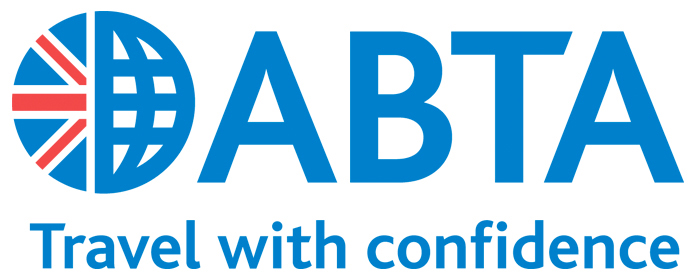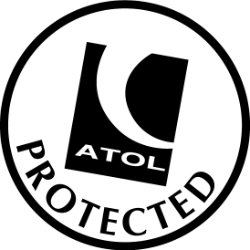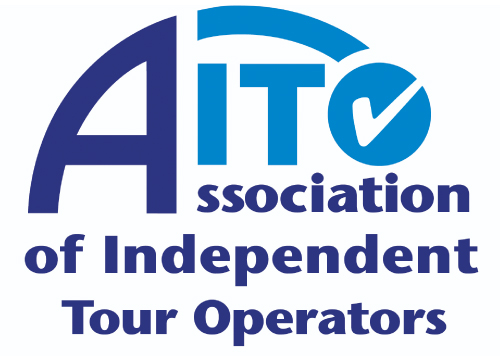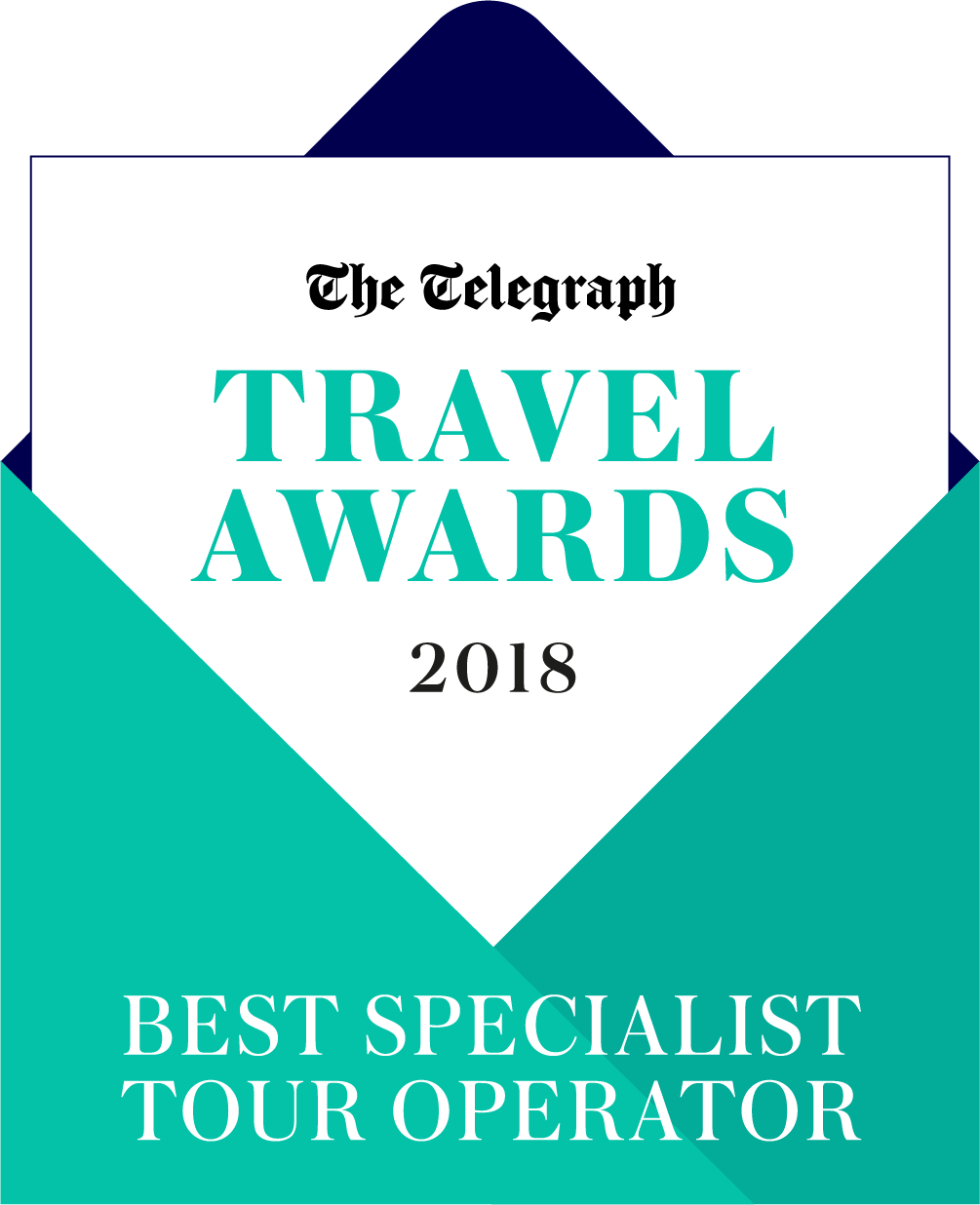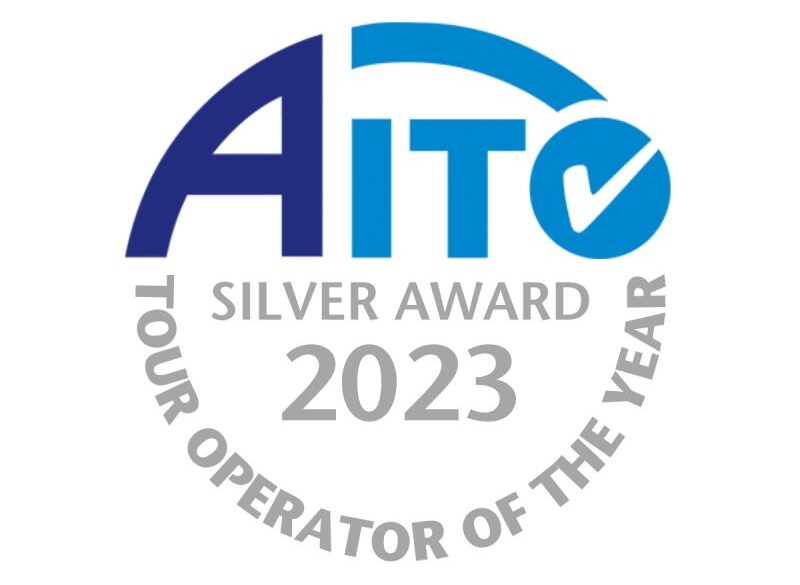Entry Requirements
To enter Tanzania, a visa is required. You can obtain a tourist visa too Tanzania upon arrival, however, we would recommend to apply one before you enter Tanzania. You can apply in person or by a representative at the Tanzania High Commission in London. Tanzania now also has introduced an e-visa system to enter Tanzania, allowing for applications to be submitted online. (https://eservices.immigration.go.tz/visa/)
A single entry will cost about £40 if you apply in advance.
Health Care
Malaria is present in Tanzania and it is strongly advisable to take malaria prophylactics before, during and after your visit. Please consult a medical professional regarding which prophylactics will be suitable for you. In addition, please take precautionary measures to reduce the risk of being bitten by mosquitoes. Use insect repellent, sleep under a mosquito net and wear long-sleeved shirt and long trousers with closed shoes in the evenings.
Basic traveller vaccinations are recommended, including yellow fever, tetanus, typhoid and hepatitis A.
Food & Water
The tap water is not drinking water and travellers should use bottled water for drinking and brushing teeth. The tap water is not suitable for consumption. Therefore, there is a bottle or jug of purified drinking water in your room. You can also buy bottles of drinking water at any lodge. Make sure you drink enough water. The heat in Tanzania can cause you to lose a lot of moisture unknowingly. During the safari you will be provided with a packed lunch to enjoy on the way at special picnic spots.
Language
The majority of people in Tanzania speak Swahili, although there are also many speakers of other languages. The official language of Tanzania is Kiswahili, but IsiZulu and IsiXhosa are also spoken. English is also well spoken throughout the country.
A few Swahili words:
- Good morning – Habari za asabuhi
- Good evening – Habari za jioni
- Hello – Jambo
- Goodbye – Kwa heri
- How are you? – Habari gani?
- Nice to meet you – Ninafuraha kukutane na wewe
- Thank you very much – Asante sana
- You are welcome – Karibu
- My name is … – Jina langu ni …
- Elephant – Tembo
- Cheetah – Duma
- Lion – Simba
- Warthog – Nguruwe
- Leopard – Chui
- Zebra – Punda
- Hippo – Kiboko
- Giraffe – Twiga
- Rhino – Faru
Money
The currency is the Tanzanian shilling, available from ATMs or currency exchange bureaus. Tanzanian shilling is not available and tradable outside Tanzania. Therefore, it is best to bring cash (banknotes) in euros or US dollars. It is also nice to bring some small change so that you can tip in the hotels if you wish (1 US dollar notes are handy for this).
The best place to change money is at the airport when you arrive. ATMs are found throughout the major towns and cities in Tanzania, but not in the national parks and game reserves. You can also use US dollars in safari camps and lodges. Unfortunately, they do not always work, so it is good to plan ahead.
Note: US Dollar bills printed before 2006 are not accepted in Tanzania.
Climate
Tanzania is an all-year-round destination and depending on what you want to see and do. The climate in Tanzania is characterised by two seasons, which hardly differ from each other. Temperatures are generally pleasant, but can vary due to altitude differences. Normally, temperatures in the highlands are cool with a significant difference between day and night temperatures, while on the coast it is always warm and humid. The temperature can reach more than 35°C during the day.
Have a look at our ‘When to travel’.
Dress Code
In safari lodges and on Zanzibar beaches, it’s fine to wear shorts, t-shirts and beachwear, but dress modestly in towns or cities, taking care to cover shoulders and knees.
What to pack
- Layers — long and short sleeve shirts and trousers
- Warm fleece or jumper
- Lightweight waterproof jacket
- Comfortable but sturdy shoes
- Flip-flops
- Swimming costume
- Hat or baseball cap
- Sunglasses
- Sunscreen — a must
- Toiletries — most camps will provide shampoo, shower gel and soap
- Small torch
- Spare batteries, plug adaptors and charging equipment
- Good pair of binoculars
- Books or a fully loaded Kindle/iPad for siesta time
Keeping in touch
Email, internet and fax facilities are available in the bigger towns and at major hotels. City hotels will also have an international dialling service. Some of the lodges and camps may have limited internet access but this is not always guaranteed, and most will not have cell phone signal.
If you intend to stay for a longer period of time in Tanzania, our advice would be to buy a local sim card, which you can top up with local currency. These cards can be bought almost everywhere and we recommend Safaricom or Zain as providers. However, we also recommend that you enjoy the bush and forget about time and all modern ways of communication.
Electricity
In Tanzania the power plugs and sockets are of type D and G. Check out the following pictures. When living in the United Kingdom you need a power plug adapter for sockets type D. On safari, most of the lodges are powered by generators or solar panels and these are often turned off during parts of the day and night to reduce noise and fuel consumption. Due to the high-power usage, many safari camps do not allow use of hairdryers. Please also note that in some camps and lodges, power sockets for charging are only available in the main area. Please ask if you require more details on this.
Tipping & Gratuities
We must stress that tipping is not compulsory or expected; rather it is an extra reward for excellent service. If you are pleased with the service you receive you are more than welcome to tip your guide or the staff in the various lodges and camps. As a guideline for tipping your guide and the staff, you can leave between US$10 to US$15 per traveller per day.
Tipping is usually done at the end of your safari and most lodges and camps have a tip box in the main area. You may tip the staff individually, place a tip for all the staff in the box, or do both. Tips can be made in Tanzanian Shilling, US$, Euros or Pound Sterling.
Few Tips:
- It’s common to shake hands upon meeting and hand contact might be held for longer than you’re used to. So, greet people properly before starting a conversation, even if it’s just asking for directions.
- Please ask permission before taking a photograph of someone.
- Pack light. Small planes have strict luggage restrictions, usually meaning you can only check one soft-sided bag with a limit of around 15kg. Some camps have complimentary laundry services.
